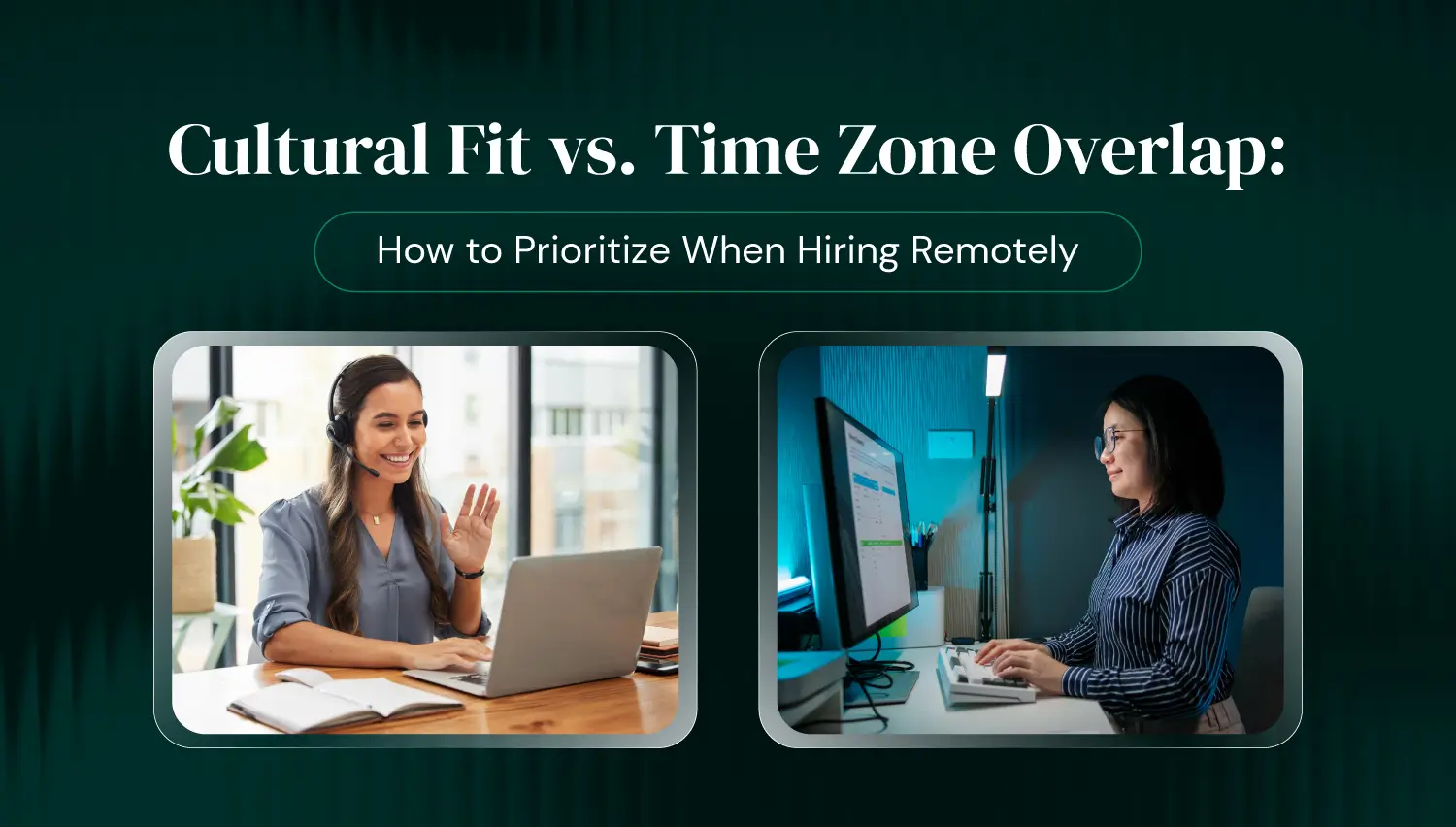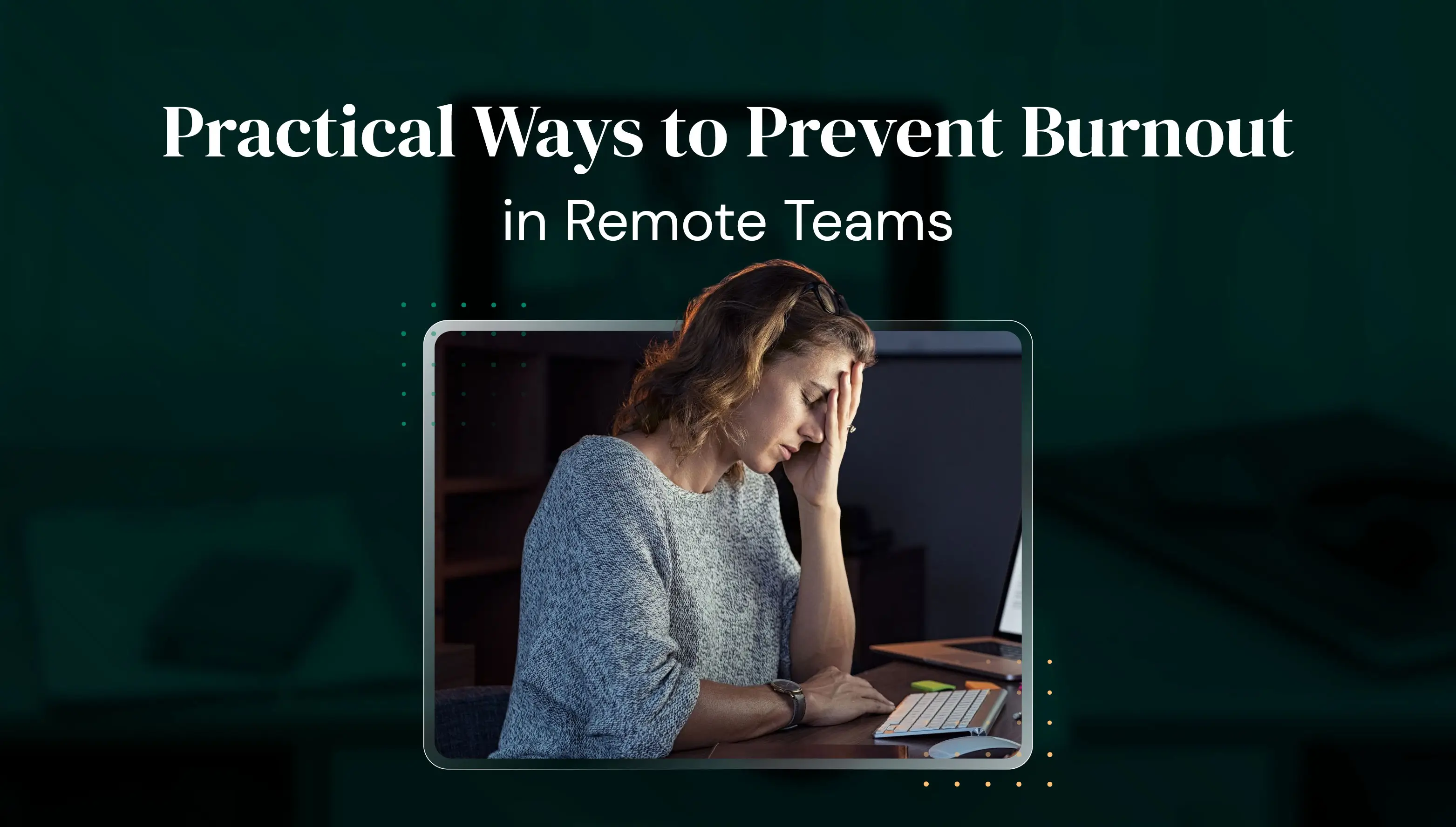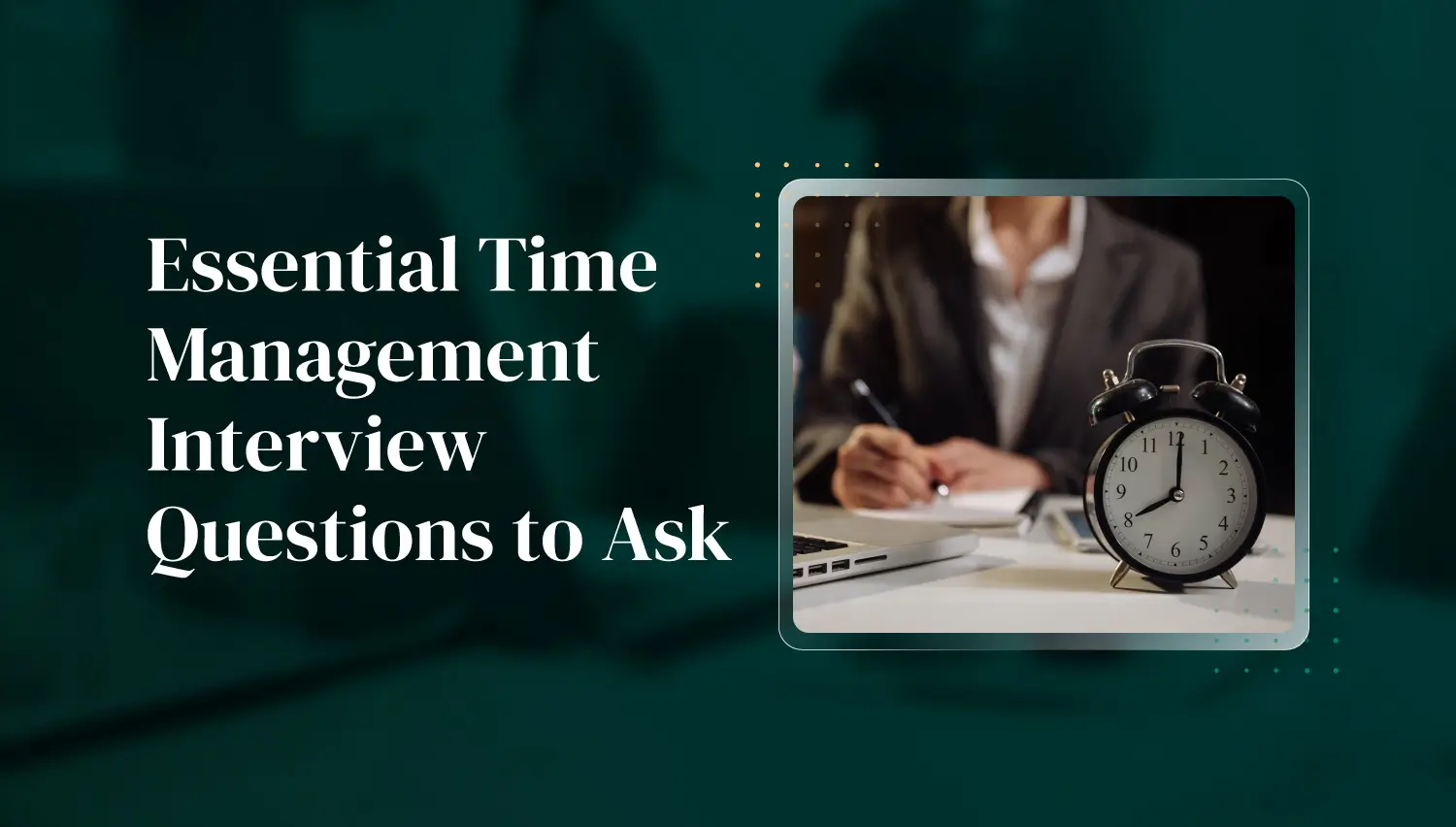Stop juggling payroll spreadsheets at 11pm while your competitors focus on growth. I've spent years inside the HR and staffing world, helping businesses steer clear of the traps that come with trying to run every HR function in-house.
I've watched brilliant founders who can pitch million-dollar deals unravel over workers' comp paperwork. Handling everything yourself isn't some badge of honor. It's often an expensive distraction.
That's where a Professional Employer Organization (PEO) comes in. For many businesses, it's the lifesaver they didn't even know existed. Over the years, I've helped dozens of clients move to PEO partnerships and seen the relief on their faces when they realize they'll never have to slog through another I-9 form alone.
PEOs: Your Business's Secret Weapon
So, what's a PEO?
Think of it like this. Remember in college when one roommate had a Costco membership and bought groceries for the whole house? Everyone chipped in, everyone saved money, and meals suddenly got a lot better. A PEO does that. It just swaps groceries for HR headaches.
Through co-employment (a fancy term for a simple concept), they become your partner in managing the messier side of employing people. You still run your business, make hiring and firing decisions, and set your company's vision. They just handle the backend work that makes you question your career choices every Friday afternoon. Payroll taxes, benefits enrollment, and new compliance laws that you only heard about yesterday. It all becomes their problem instead of yours.

Top 6 PEO Providers
Here's a roundup of the best PEO providers that have proven to be reliable in handling the back-office burden so you can focus on scaling.
1. Somewhere
Somewhere stands out as the top choice if you're looking for a PEO provider. However, we're not actually a PEO. Instead we're a staffing agency that recruits top professionals to handle the work remotely, which actually is a better option for many companies.
When finding exceptional talent from a vast global pool, we tell you exactly what you're paying upfront. While many PEOs have opaque pricing, at Somewhere, we value transparency, offering competitive rates that make budgeting actually possible.
It’s important to note our global reach is impressive. We operate in over 180 countries and truly understand the cultural nuances that can make or break international teams. At Somewhere, we know how to navigate the details that keep businesses compliant and relationships strong.
Some of our biggest strengths include:
- Comprehensive recruitment services beyond traditional PEO functions
- Strong compliance infrastructure with wholly owned operations
- Excellent support for companies hiring internationally
Somewhere is the perfect match for companies planning global expansion or needing clear, predictable costs.
2. ADP TotalSource
ADP's technology platform is robust, and they have the infrastructure to handle complex, multi-state operations. They're best for mid-sized companies looking for a comprehensive HR infrastructure.
3. Paychex
Paychex earned its reputation by genuinely caring about client relationships. Every client gets a dedicated payroll account manager and an HR generalist. They're best for companies that prioritize personalized service and ongoing support.
4. Insperity
Insperity truly understands small businesses because that's their core market. They've shaped their services for companies with five to one hundred employees, so they're best for established small businesses looking for a full-service HR partner.
5. TriNet
TriNet has gone all in on understanding specific industries. They know the unique compliance challenges faced by tech, healthcare, finance, and other sectors. If you're in a field with complicated regulations, TriNet probably has people who speak your language.
6. Justworks
The Justworks platform is clear, their pricing is straightforward, and they don't make you feel like you need an MBA to understand how to use their services. They're a good choice for startups and small tech companies looking for simplicity and transparency.
How This Actually Works
A PEO isn't just a vendor; it's a strategic partner. Your employees work for you day to day, but technically, they're employed by the PEO for administrative and compliance purposes. You focus on culture, leadership, and performance. The PEO takes care of payroll, benefits negotiations, HR compliance, and keeping you out of trouble when employment laws change.
I explained this once to a startup founder in Manila over some truly awful hotel coffee. She looked at me and said, "So they handle the boring parts while I get to do the fun stuff?"
Exactly.
The real magic comes from scale. PEOs combine employees from hundreds of businesses, giving small teams access to enterprise-level benefits and insurance rates they'd never get on their own.

The Real Benefits (Not Just the Pitch Deck Version)
On average, small businesses save around 27% on HR costs when they partner with a PEO. But in my experience, the bigger win is time.
I've had clients tell me they got back 15 to 20 hours a week that they used to spend buried in admin work. One business owner finally started having real weekends instead of spending Saturday night reconciling timesheets. Another shared that her kids recognized her more now that she wasn't drowning in compliance updates.
Then there's expertise. Unless you're ready to pay a full-time HR director a six-figure salary, you're not going to match the knowledge a good PEO brings. They've handled every kind of termination, rolled out countless benefits changes, and can navigate new regulations without breaking a sweat.
Staying compliant without losing your mind — that's transformative for business owners. Especially when, in California alone, there were 47 new employment laws passed last year. A good PEO keeps track of all that, so you don't have to.
Choosing Your PEO
Picking the right PEO partner is no small decision. This isn't like choosing your next streaming subscription. It affects every paycheck, every benefits package, and every employee in your company. Get it wrong, and you'll hear about it, often.
Non-Negotiables
Start with ESAC accreditation. This isn't just a shiny badge. It means the provider has passed rigorous financial audits and maintains standards that protect clients.
IRS Certification (CPEO) is another solid safeguard, offering tax protections and regulatory oversight. It's a sign you're dealing with a legitimate provider, not a small operation lacking infrastructure.
Next, make sure their services actually match your needs. A 47-point wellness program sounds impressive, but a five-person accounting firm probably needs solid payroll and HR basics first.
Essentials to Expect
- Reliable, user-friendly payroll systems
- Benefits administration that your team can easily understand
- Effective workers' compensation management to reduce risks and costs
- Accessible HR support that answers the phone when you call
- Ongoing compliance monitoring to keep you ahead of regulatory changes
Money Talk
PEOs generally charge either a flat annual fee per employee (often $900–$1,500) or a percentage of your payroll (usually between 2% and 12%). Flat fees give you predictable costs, while percentage-based fees can get pricey as your team grows.
Watch for hidden charges. Setup fees, tech fees, or mysterious "admin costs" sometimes pop up in later invoices. Good providers will tell you every cost upfront. The shady ones hope you're too busy to read the fine print.
Technology Matters
A PEO's platform should be easy to use. Employees should be able to see pay stubs, request time off, or update personal details without needing a tech degree. If the demo requires an hour-long training session just to navigate the basics, that's a problem.
Acronym Soup Explained
HR loves its abbreviations. Here's what actually matters:
- PEO: Co-employment, shared responsibilities, full HR support. Like having a business partner who handles the boring meetings for you.
- EOR (Employer of Record): They become the legal employer. Great for international hiring or when you want someone else to carry all liability.
- ASO (Administrative Services Organization): Handles admin tasks, but you keep employer liability. Cheaper, but riskier. Like hiring an intern instead of a professional.
- Payroll Provider: Just cuts paychecks. Fine if you're ready to handle everything else yourself. (Let's be real, you're not.)

Myths That Will Cost You
"We'll lose control."
Not true. You still decide who you hire, promote, or let go. PEOs handle the behind-the-scenes admin work. I've never seen a PEO override a client's decision about an employee. That myth belongs in movies, not business.
"Only big companies need this."
Actually, small businesses often benefit the most. They usually lack in-house HR resources, and a PEO gives them access to enterprise-level support without the enterprise price tag.
"They're all the same."
Absolutely not. Some PEOs are game-changing partners who simplify your life and improve operations. Others become frustratingly bureaucratic and hard to leave. The differences are real, and picking carefully is crucial.
Time to Act
The right PEO doesn't just process payroll. They free up your time and mental bandwidth so you can focus on growing your business. A bad fit turns into just another vendor relationship that drains time and money.
After years of working alongside companies wrestling with HR complexity, here's what I've learned: the most successful businesses aren't the ones insisting on doing it all themselves. They're the ones smart enough to bring in help when they need it.
Your weekends shouldn't be spent buried in spreadsheets. Your vacations shouldn't be haunted by compliance worries. Your business growth shouldn't stall because of admin chaos.
It's 2025. There are smarter ways to run your business. So, use the contact form below to book a call with the Somewhere team, and let's talk about how we can help you find the right people to handle the work.










.jpeg)



